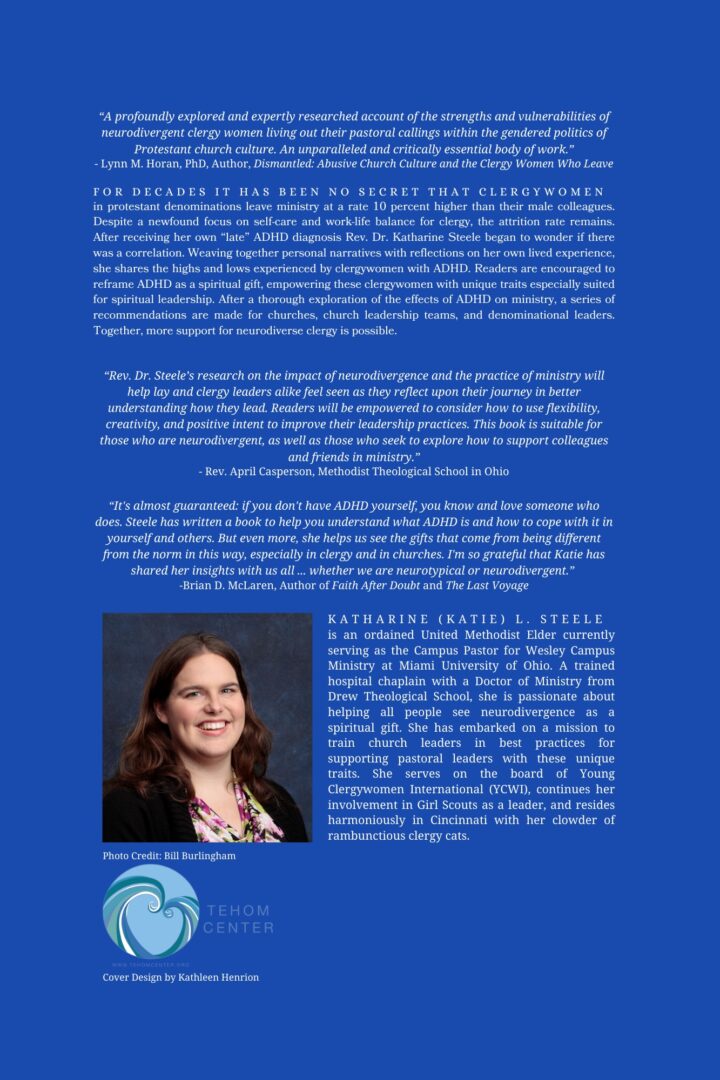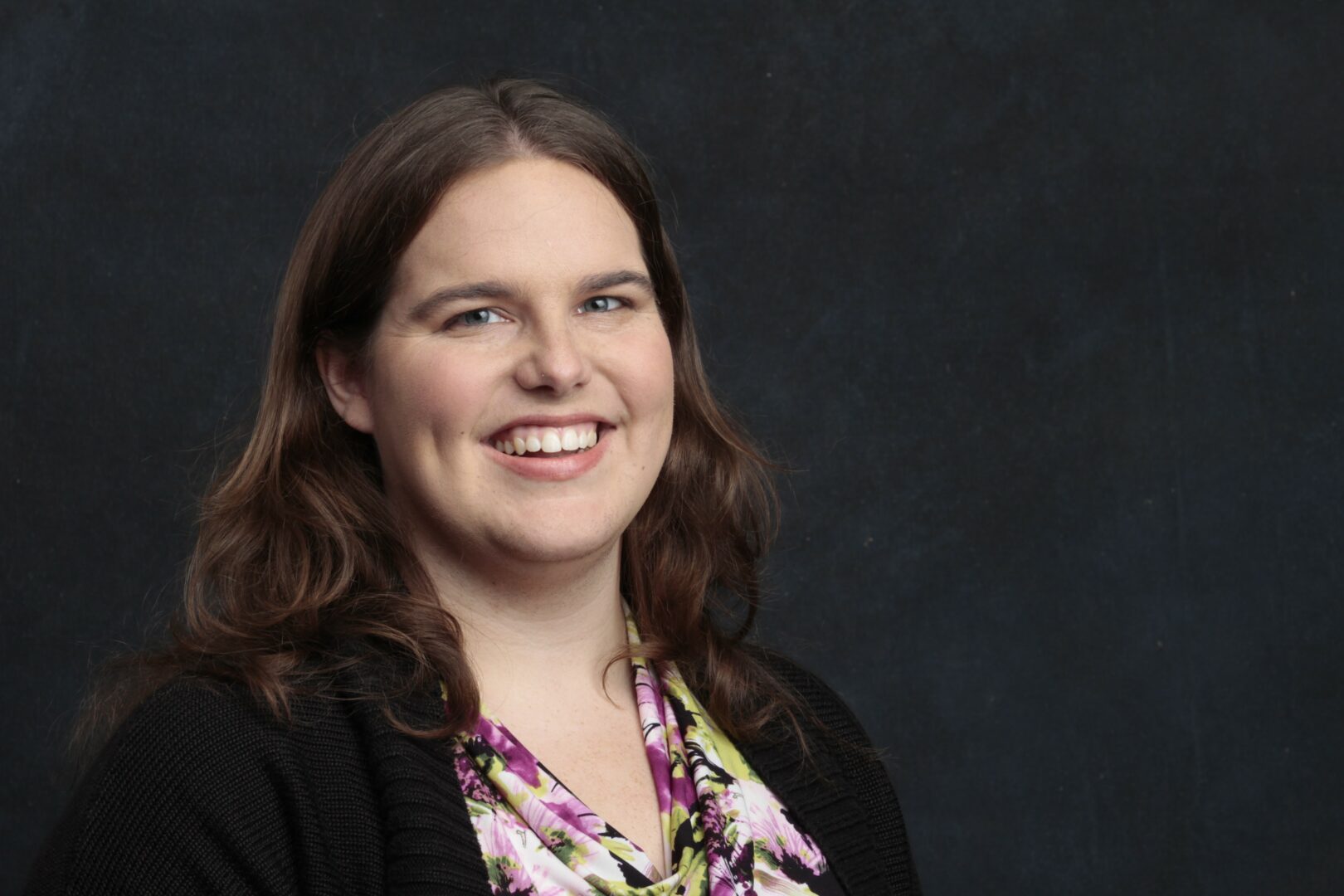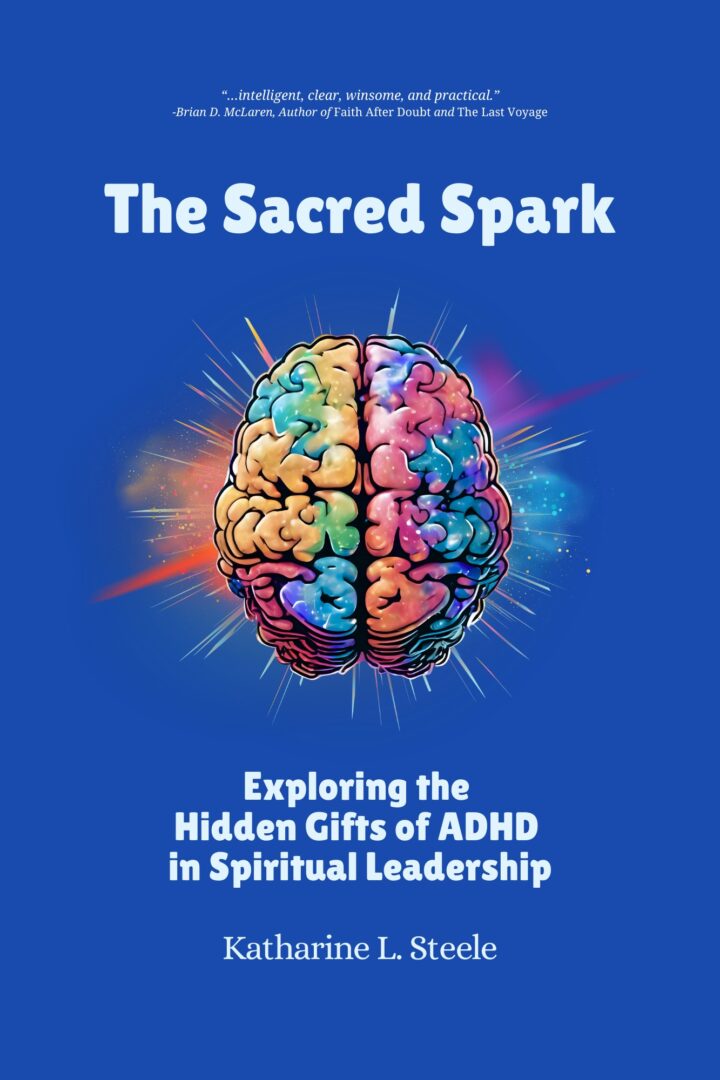Alright – so today we’ve got the honor of introducing you to Rev. Dr. Katharine Steele. We think you’ll enjoy our conversation, we’ve shared it below.
Hi Rev. Dr. Katharine, thank you so much for agreeing to open up about a sensitive and personal topic like being fired or laid-off. Unfortunately, there has been a rise in layoffs recently and so your insight and experience with overcoming being let go is relevant to so many in the community.
Personally, I cannot overstate enough the importance of having a Spiritual Director as well as a therapist to walk alongside you when you find yourself in an unsavory work environment. Without the support of both my Spiritual Directors and therapists, I’m not sure I would have survived any of the times I have been asked to leave congregations, or been forced out of positions due to the misunderstanding of my role (chaplain) or inability to learn how to work with someone with ADHD.
In the most recent work challenge that led to my being fired I was also working with a Clergy Coach at the time as well. This was an added benefit as she helped me see the systems at play, and the larger issues within my work environment and team. She validated the frustration, hurt, and sense of injustice I had, while reassuring me that there were RESEARCHABLE PATTERNS and dynamics that mirrored many other similar work and ministry locations.
It was this clergy coach that I most recently worked with that probably had the largest hand in helping me de-personalize years of work/ministry related wounds. I recall in one session voicing my concern that I have been the common denominator, and she immediately said, “And you keep finding yourselves the same kind of unhealthy systems. When you’re the healthiest person in an unhealthy system it makes sense that you would be the one that keeps leaving. You can’t thrive in these spaces.”
That was such a profound paradigm shift and I will be forever grateful for her and my other care providers for shepherding and companioning me through some truly horrendous experiences of leave taking from different positions.

Thanks for sharing that. So, before we get any further into our conversation, can you tell our readers a bit about yourself and what you’re working on?
In this season of my life I am currently looking to expand out and get creative about where and how I live out my call to be a spiritual care provider. While I love the campus ministry that I am leading and rebuilding, unfortunately ministry positions such as the one I am serving in currently simply aren’t enough to be sustainable. The beauty of campus ministry, however, is that it is flexible enough to allow me to explore other options and pour some time and energy into other pursuits.
To that end, I recently graduated with my Doctor of Ministry (DMin) from Drew Theological School, and shortly after modified my dissertation into an accessible book. The title of my recently released and first book is “The Sacred Spark: Exploring the Hidden Gifts of ADHD in Spiritual Leadership.”
For far too long women and girls have been overlooked when it comes to ADHD and other diagnoses that fall under the “neurodiversity” umbrella. When I began to notice a pattern of so many of my fellow clergywomen colleagues sharing that they too were receiving “late” ADHD diagnoses I began to wonder if there might be a correlation between the number of clergywomen leaving or contemplating leaving ministry and those with ADHD. Turns out, there is.
This feels like incredibly timely work given the national discourse circling around wanting to get to the bottom of what “causes” certain differences in neurotype. And what worries me is that when the conversation comes up it is framed in a way that makes an entire group of people feel like they need to be fixed. It’s sad and it’s infuriating.
I’m beyond excited to jump into the fray and work to turn the conversation toward acceptance, and realization that the way people’s brains are wired is simply yet another way that we reflect the Imago Dei, how we bear the Image of God. What if ADHD and other traits were presented as Spiritual Gifts? What a world of difference that could make to not only those who have these traits, but for everyone. Imagine a world where those with ADHD, autism, learning differences, etc. were truly embraced, accepted, and SUPPORTED.
My goal is to expand this research, and work toward practical resources, workshops, and trainings for clergy yes, but especially churches, church leadership teams and boards, adjudicatory leaders, and the teams that work with clergy candidates to help them better understand neurodiversity, and provide them PRACTICAL ways to provide accommodations, understanding, and support for these incredible pastoral leaders.
There is so much advice out there about all the different skills and qualities folks need to develop in order to succeed in today’s highly competitive environment and often it can feel overwhelming. So, if we had to break it down to just the three that matter most, which three skills or qualities would you focus on?
My curiosity was for sure one of the most important qualities at play as I dove head-first into researching, interviewing, and compiling my research regarding ADHD and clergy attrition. One of the most interesting things at the beginning of this journey for me was not only learning that I have ADHD myself, but that I have ADHD – Inattentive subtype. I had NO IDEA there were different “subtypes” of ADHD. So that was the first thing scratched that curiosity for me. How could I have been working with children and youth for my entire career, and not have heard about this? Let alone how could I have been living with this without even knowing?! I worked to get my hands on as many resources as possible that didn’t just cover ADHD, but specifically addressed ADHD in women, which generally speaking, tends to be Inattentive subtype.
A willingness to reflect on my own experiences and reflect on my own emotions and self was also crucial. I know a lot of folks who aren’t willing to self-reflect, and who certainly hesitate if not refuse to explore their own emotions. However, if I am going to do this work authentically I think it’s imperative that I do my best to share accurately how ADHD has affected me, what areas I still find myself struggling to understand and/or cope with, and work to articulate and communicate as clearly as I can in the hopes of helping those without this trait or neurotype to understand what it is like.
You’d have to ask my interview participants to be sure (however, you can’t because they are confidential of course), yet I like to think that my empathy also played a big role in my ability to obtain the research that I did. Asking people to open up about what can be a very tender topic, and something as personal as a diagnosis and mental health management, as well as asking them to reflect on what were often less-than-great experiences in their vocational lives was no small thing. My ability to empathize with these colleagues, validate their experiences, and provide a space for them to voice their hopes and dreams for a better future for the church and for the experience of other clergy who come after us was pivotal.
For anyone who has received a “late” ADHD diagnosis, or who has found a topic that they are curious about, I encourage leaning in. Following the nudges you feel, trust your gut, ask the questions. Often if you find even just one initial resource to look at, those often have references to the research they did which can lead you off in all sorts of different and fascinating directions. My journey began when a friend simply shared an article about women with ADHD on social media that caught my attention. It resonated so deeply with me that I was inspired to talk to my therapist who later encouraged me to seek out testing. You never know what is going to tip that first domino over, and at a certain point you simply have to lean in, go with the flow, and stop fighting whatever it is that is presenting itself in your life. Lean in.

How can folks who want to work with you connect?
Absolutely! I would love to collaborate with a wide variety of people in a range of sectors.
While my book is still so new I would find collaborating with Podcasters, Bloggers, and Influencers who explore ADHD, neurodiversity, faith, theology, writing, or any other topic that could be made to overlap. Any and all publicity for this work would be incredibly appreciated in this season.
I would also love to connect with other theologians and academics who are focused on the theology of diversity, and especially this newer discipline of what I have heard called “neuroqueer theology.” There are so many different ways I can foresee continuing and expanding this research. Having partners in that conversation and potentially even co-writers and researchers could be really, really exciting.
And then of course I would be thrilled to connect with the church leaders across denominations who really need this information to help make our ordination processes and pastorates more supportive for neurodivergent clergy and clergy candidates. Heads of the Commission on Ministry or Board of Ordained Ministry, regional ministers or leaders, church boards, Bishops, seminary presidents, deans, and faculty. The sky’s really the limit when it comes to imagining where The Sacred Spark could go and what it could start throughout the church.
Those who are interested in collaborating can follow me and drop me a DM on Instagram @revdrkatiewrites or email me at [email protected]
Contact Info:
- Instagram: @revdrkatiewrites
- Facebook: https://www.facebook.com/profile.php?id=61581623351472
- Linkedin: https://www.linkedin.com/in/revdrkatie/
Image Credits
Headshot: Bill Burlingham
so if you or someone you know deserves recognition please let us know here.




